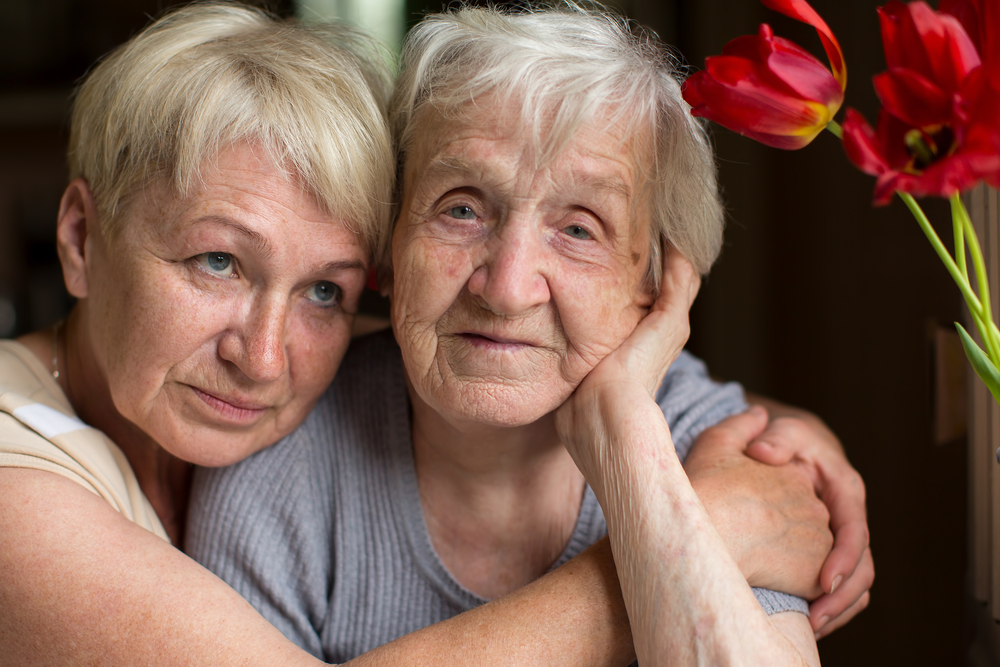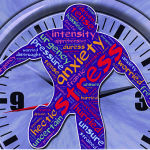Depression among the elderly while common is not a normal age-related thing. Often times signs of depression for those over 65 years old are brushed off and called “normal aging” however, depression at any age is not normal and is treatable. Depression is a medical disease and no matter what your age is it should be treated promptly for best outcomes.
What is depression?
Depression is a disease just like Diabetes is a disease. Depression is a mood disorder. Feeling “blue” every once in awhile is normal for everyone. If you find you are feeling down for weeks or month without a let up you may have depression. Depression affects the way you feel, act and think. Depression can strike suddenly or come about gradually. When signs and symptoms appear slowly it is often harder to recognize.
Common Causes of Depression in the Elderly:
Depression can be caused by many things emotional or physical.
Isolation – Living alone, loss of a spouse or social group dwindling can all impact feelings of loneliness. A decrease in mobility can also cause isolation.
Loss Of Self Worth – Many of us find our identities in our jobs. Retirement can cause people to the need to re-evaluate who they are and what they mean to society. Physically not being able to keep up with things you used to be able to do easily like mow the lawn or shovel the drive can lead to depression.
Physical Health Issues – As we age and our bodies get older there are more daily aches, pains, illness and injuries. All of these can lead to depression. Chronic medical conditions can just wear you out. It takes strength and perseverance to combat illness or live with Diabetes, Parkinson’s or Dementia.
Bereavement – The death of friends and spouses is difficult for everyone. But as we age the more funerals we attend increases and those friendships of people we have know for a long time disappear.
Fear – This could be fear of death or fear of running out of money to fear of health issues you are facing due to an aging body. Fear is a difficult thing to fight.
Previous Depression – You may be more susceptible to elderly depression if you have been depressed when younger.
Genetics – You may be more pre-disposed to depression if depression runs in your family.
Unresolved Issues – The elderly have more time to reflect on their past due to the fact they are no longer busy with work and children. Unresolved issues from childhood may resurface that need to be worked through.
Signs & Symptoms of Depression:
- Anxiety that can’t be explained.
- Sadness & Despair
- Unexplained aches and pains
- Neglecting Personal Hygiene
- Fluctuations in Weight; Lack of Appetite
- Memory Difficulty; Lack of Focus
- Sleep Difficulty (oversleeping, insomnia, daytime sleepiness)
- Irritability & Sudden Emotional Outbursts
- Loss of Interest In Previous Pleasure Activities
If you have several of the signs above and they last for more than two weeks see a health care professional.
14 million people per year are affected by depression. Take Health Surgeon’s Depression Test Now!
Treatment Options:
To treat depression you first must recognize there is a problem.
- Psychotherapy
- Counseling
- Medications
- Lifestyle Modification
- Diet
It is important that the elderly should feel important, members of the family not burdens. This sense of belonging and being valued is something that all humans crave.
Treatment and healing are just as effective for the elderly as they are for younger people.
Prevention:
Eat Healthy – Focus on nutrition and a proper number of calories.
Physical Activity – Get some physical activity every day.
Participate – Join some clubs or activities. Find a new support group and stay in touch with family members.
Get Adequate Rest – Sleep 7 to 9 hours
Stay in contact with your doctor. – Regular check ups with your doctor will help you notice any signs of depression and also treat any illness or disease early for the best health outcomes.
Takeaway:
If COVID taught us anything it is that we all need social connections to thrive. Loneliness and isolation are associated with higher rates of depression.
Depression is dangerous at any age. It can be crucial for the elderly to recognize depression symptoms and get help quickly. An elderly depressed person is more likely to get sick more often and cause them to decline more rapidly. Early recognition and treatment of depression is the key to keeping good emotional health among the elderly.
Purium‘s Revive-It-All contains two very important ingredients that have been proven to help reverse memory loss and increase energy!
Depression in older adults is not a normal part of aging! Know the signs of depression. #HealthSurgeon
Sources:
https://www.nia.nih.gov/health/depression-and-older-adults
https://healthmatters.nyp.org/how-to-spot-depression-in-seniors/
https://www.helpguide.org/articles/depression/depression-in-older-adults.htm










